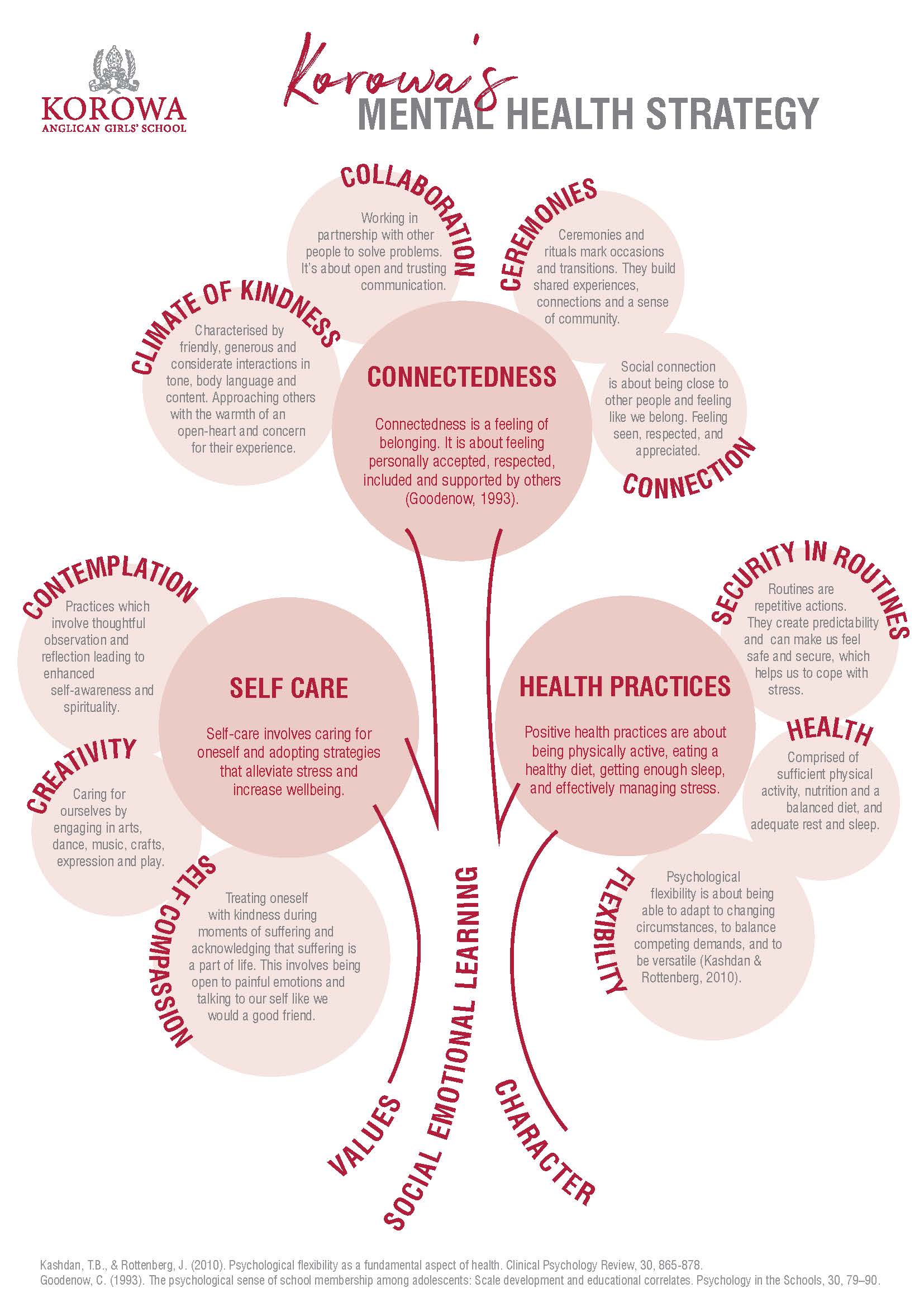Cultivating Emotional Resilience for Well-being

Understanding the Foundations of Emotional Health
Emotional health is a cornerstone of our overall well-being, influencing how we navigate life’s challenges and joys. It goes beyond the absence of mental illness, encompassing our ability to manage stress, build meaningful relationships, and cope with the ups and downs of daily life.
The Importance of Emotional Resilience
Central to cultivating emotional health is the concept of emotional resilience. This involves developing the capacity to adapt and bounce back from adversity. Resilience enables us to face setbacks, learn from experiences, and emerge stronger, fostering a more robust emotional well-being.
Practicing Mindfulness for Emotional Well-being
One effective way to nurture emotional health is through the practice of mindfulness. Mindfulness involves being present in the moment, acknowledging our thoughts and feelings without judgment. By cultivating mindfulness, we can develop a deeper understanding of our emotions and learn to respond to them in a balanced and constructive manner.
Building Healthy Emotional Connections
Emotional health is profoundly linked to the quality of our relationships. Building and maintaining healthy emotional connections with others provide a crucial support system. Strong relationships contribute to a sense of belonging, understanding, and shared experiences, all of which are vital for emotional well-being.
The Role of Self-Care in Emotional Wellness
Self-care is a fundamental aspect of maintaining emotional health. Taking time for oneself, setting boundaries, and engaging in activities that bring joy and relaxation contribute to emotional well-being. It’s an intentional practice that acknowledges the importance of nurturing our own needs.
Navigating Stress for Emotional Well-being
Stress is an inevitable part of life, but how we manage it significantly impacts our emotional health. Developing effective stress management strategies, such as exercise, deep breathing, or engaging in hobbies, helps prevent chronic stress from negatively affecting our emotional well-being.
Embracing Vulnerability and Growth
Emotional health involves embracing vulnerability and recognizing it as a strength rather than a weakness. Opening up about our emotions, seeking support when needed, and allowing ourselves to grow through challenges contribute to a more resilient and emotionally balanced life.
Seeking Professional Support
Sometimes, maintaining emotional health requires the assistance of a mental health professional. Seeking therapy or counseling is a proactive step towards understanding and addressing deeper emotional issues. Professional support can provide valuable insights and strategies for navigating complex emotions.
Emotional Health in Daily Habits
Cultivating emotional health is not just about occasional practices but also involves incorporating healthy habits into our daily lives. Small, consistent actions, such as expressing gratitude, journaling, or engaging in hobbies, contribute to long-term emotional well-being.
Embracing a Holistic Approach to Emotional Well-being
In conclusion, emotional health is a multifaceted aspect of our overall wellness. It encompasses resilience, mindfulness, healthy relationships, self-care, and the willingness to seek support when needed. Embracing a holistic approach to emotional well-being fosters a life rich in meaning, connection, and the ability to navigate the complexities of our emotional landscape.
For further insights and resources on cultivating emotional health, visit Emotional Health. Remember, the journey to emotional well-being is











